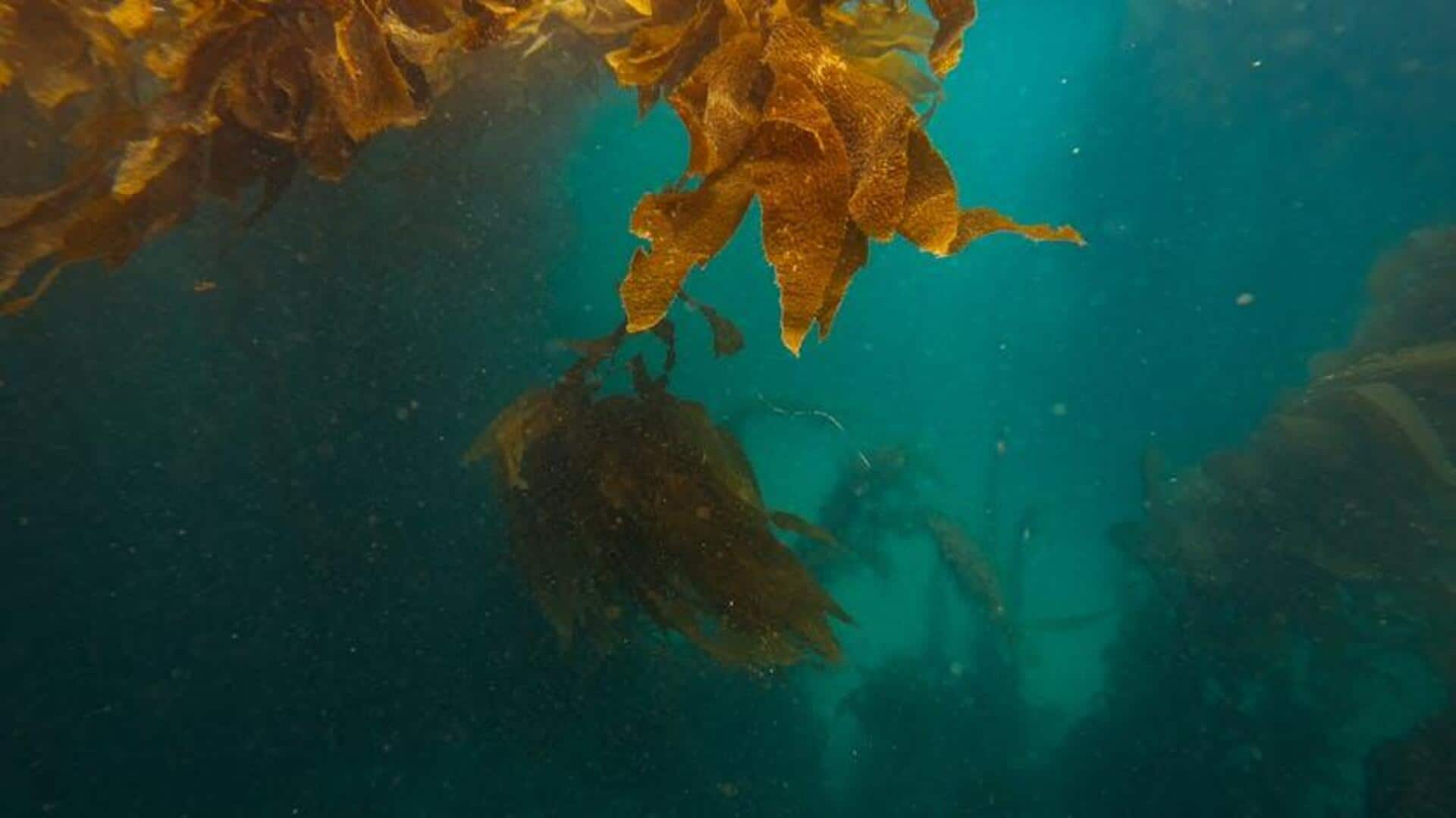
Vital seaweeds in East African vegan recipes
What's the story
Seaweeds hold a special place in East African vegan cuisine, bringing a burst of exotic flavors and health benefits to your plate. These oceanic delicacies are more than just culinary chameleons - they're packed with vitamins, minerals, and fiber to keep you feeling your best. Discover the most popular seaweeds in East African vegan cooking and how they're transforming the world of plant-based cuisine.
Spirulina
The nutritional powerhouse: Spirulina
Spirulina is a blue-green algae that's considered a superfood. In East Africa, it is added to smoothies, soups, and sauces for its high protein content—up to 70% by dry weight. It's packed with B-vitamins, antioxidants, and essential minerals like iron and magnesium. And, if you want to add a pop of color to your food, this is it!
Eucheuma
A taste of the ocean: Eucheuma
Eucheuma seaweed, a staple in coastal East African vegan cuisine, is prized for its unique gelatinous quality when cooked. This makes it a perfect natural thickener for stews and soups. Packed with dietary fiber and iodine, eucheuma is a secret weapon for thyroid health. Plus, it's usually sustainably sourced from community-run marine farms, helping to improve lives.
Kelp
The versatile ingredient: Kelp
Kelp is a popular seaweed choice in East African vegan cuisine. It's prized for its umami flavor—a savory, almost meaty taste that adds depth to vegan broths and sauces. Kelp is a great source of iodine and boasts a unique compound called alginate that can limit fat absorption—making it a perfect addition to a health-conscious diet.
Agar-agar
Culinary innovation: Agar-agar
Agar-agar, a vegetarian gelatin substitute derived from red algae, is a popular choice for vegan desserts in East Africa, including puddings and jellies. It has the ability to set liquids into a firm, gel-like consistency at room temperature. In addition to its culinary uses, agar-agar offers health benefits. Its high fiber content supports gastrointestinal health. No wonder, it is a staple in vegan cooking.